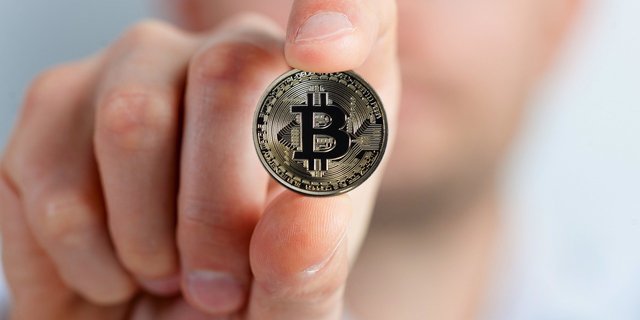Everyone talks about Bitcoin and I do not know anything, what can I do?

If the owner of this article reflects your situation, you should not feel bad, because it means that Bitcoin has caught your attention, you are worried about not understanding it and you are willing to do something to change it.
The first thing you have to do is to understand that you are not alone. Anyone who sees an asset (something valuable) revalue more than 10 times a year will be attracted to it, especially when a bank's savings accounts offer "juicy promotions" of 2% per year. Nor should you feel that being attracted by potential profits is a mistake, because after all Bitcoin is primarily a monetary system rather than a technology to digitize society. Profits are only the first step towards true love.
Even so, it is true that Bitcoin is not equal to other assets. To begin with, it is 100% digital and abstract, the "bitcoins" are not a file that you can pass from one person to another, but balance in accounts of the users of the network registered in a digital accounting book, common to all and public. And do not worry, being public does not imply that people will know how much money you have, since the balance is registered in a unique account number, better known as Bitcoin address, without associated personal data, and that each user manages with his private key through applications called "purses" or "wallets". In fact, the balances are made public to avoid duplication, a novelty in the digital world that had never been possible in the past. If everyone in the network knows where all the money issued is, how can someone fake it?
This is the Bitcoin logo, white and orange with the B leaning to the right. Look at it, there's a lot of scam over there.
Bitcoin is also different because of the way it is valued. Unlike traditional assets such as state currencies, whose value is manipulated by the States through the contraction or expansion of the money supply, or the shares of the companies, which are traded in closed and highly regulated markets, Bitcoin has currency issuance programmed, with a maximum defined (21 million in the year 2140) and is exchanged openly between people and institutions in the same way as cash, only on the internet. This means that each person who transits bitcoins counts and explains their constant increase before adoption: if there is 1 apple and 1 buyer, the apple can be worth 1 unit, but if there are more buyers for that single apple, the price must increase to supply the demand. Of course, in this case "the apple" bitcoin can be divided up to its millionth part, known as 1 satoshi (0.00000001 BTC), in honor of its creator.
And best of all: nobody needs anyone's permission to use Bitcoin. The network is open, like the Internet, the purses are free and any person or institution buys and sells bitcoins to the public. The acclaimed "decentralization" of which so much is spoken.
Although all this does not come free, because "with great power comes great responsibility" and Bitcoin is not the exception. In exchange for being able to manage your money freely through the internet, without restrictions of schedules, borders and others, you commit to answer entirely and exclusively for your money: nobody will do your transactions for you, nobody will return your money if you make an error and you send it to the wrong place, nobody will keep your purses safe or refund your balances from being stolen, nobody. In Bitcoin nobody, except you, has control and responsibility for what happens to your assets. Think of the wallet or purse in which you keep your coins and bills, something similar happens: if it falls on the street, if it is stolen, if you lose it, who will return your money?
But the story does not end there, because Bitcoin, in its broadest expression, is a technology that allows digitizing and decentralizing any process that involves transcending and accounting for what happened to make it faster and more direct, less expensive and closer to each participant, increasing the value of each member and their autonomy in the processes.
After having read this, you can say that you already know the minimum necessary to talk with your colleagues about Bitcoin without losing the thread of the conversation. But if this explanation left you with cravings for knowledge, you can follow these steps to finish delving into the world of Bitcoin and start your relationship with the society of the future:
- Open a wallet or bitcoins wallet
- Acquire your first bitcoins
- Send and receive bitcoins a few times with your classmates
- Learn how to use block explorers (to check balances in the ledger)
- Meet other cryptocurrencies
- Open a portfolio of multiple cryptocurrencies